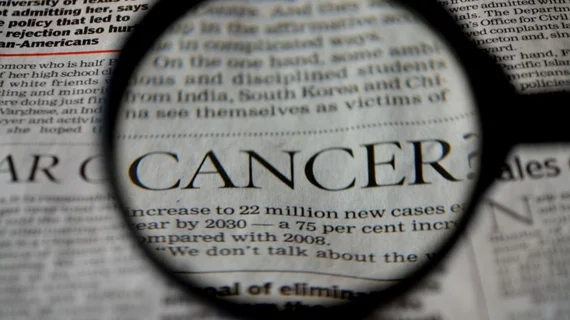Radiologist scores $300K grant to develop dual-imaging modality for ovarian cancer treatment
An MD Anderson Cancer Center radiologist has been awarded a $300,000 grant to develop a new dual-imaging technology that could reduce unnecessary surgeries for ovarian cancer.
This new imaging technique uses a fluorescent dye that’s embedded in a nanosized liposome, which glows when light shines inside of it, and can be viewed optically, according to an announcement. This provides information about the size of tiny tumors that typically can’t be viewed with traditional imaging methods, such as magnetic resonance.
The liposomal construct is also loaded with an agent that allows MRI to determine the state of the tumor’s development, and its location. This is crucial during surgery, experts noted, allowing doctors to shine a light while operating to target any tumors they may have missed.
Radiologist Vikas Kundra, MD, is teaming up with UC Riverside bioengineer Bahman Anvari on the investigation, with plans to begin testing the imaging method on mice. If successful, they hope the technique could vastly reduce the number of unnecessary follow-up surgeries on ovarian cancer patients.
Their work is fueled by an Early Concept Grant for Exploratory Research from the National Science Foundation.

